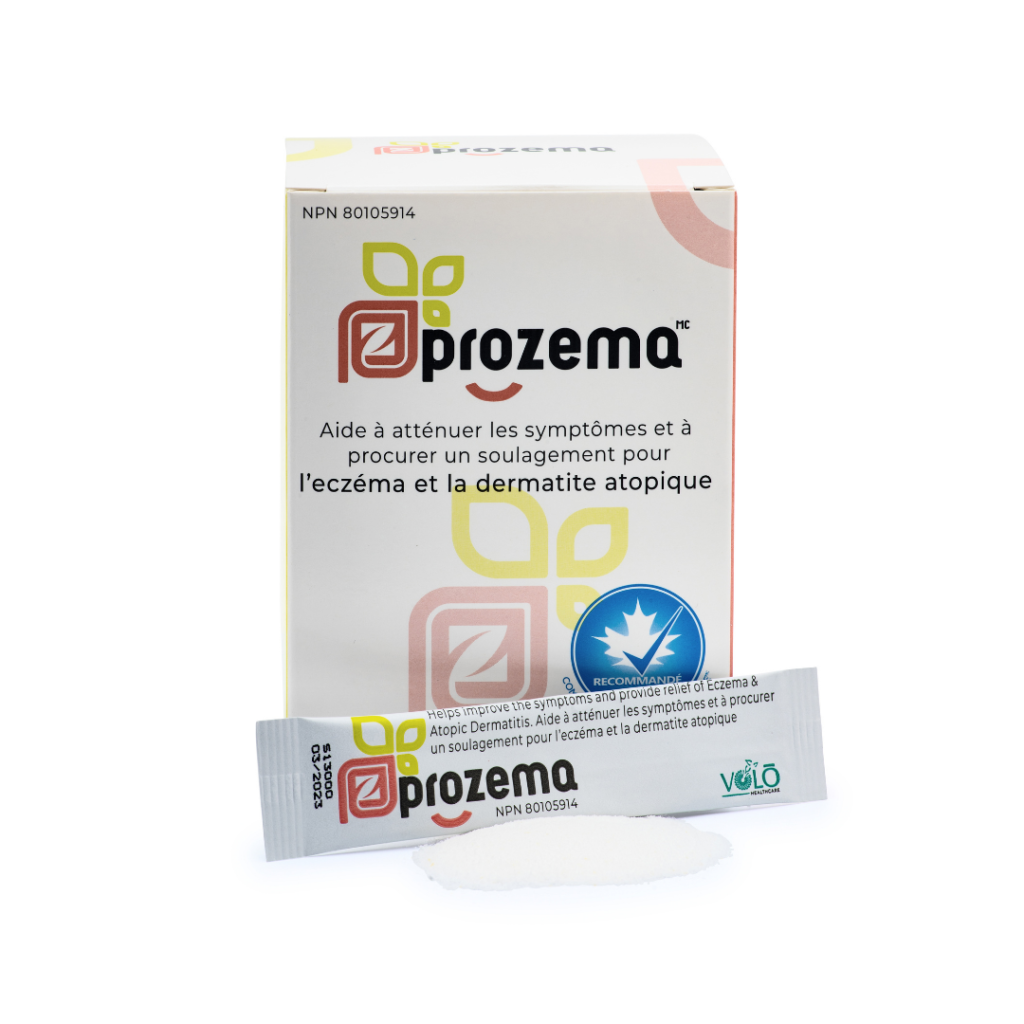
Eczema Flare Up
With eczema, you can have periods of calm skin, followed by flare ups. Everyone experiences eczema differently, and an eczema flare up can vary a lot between persons. The triggers, appearance, and affected areas of the flare up can all be different. Also, the severity of the flare up can differ, not only between persons, but in the same person as well.
Eczema affects up to 17% of Canadians estimates the Canadian Dermatology Association. Flare ups of this skin condition can occur in both children and adults.
So, what is an eczema flare up?
What Is An Eczema Flare Up?
During an eczema flare up, the signs and symptoms of eczema worsen noticeably. Typically, your skin becomes very itchy with prominent red bumps. Areas of dry skin can become scaly, and may also start flaking.
An eczema flare up looks different for everyone, however, its sudden onset is a common feature. Eczema flare ups can cause irritation and sudden burning or stinging pain, often affecting your well-being in the process.
Eczema flare ups do calm down and a flare up is followed by a period of calm skin.

What Causes Eczema To Flare Up?
Eczema flare up periods differ in length and severity with each person. However, there are a handful of factors that can help you to identify patterns in your eczema flare ups.
These factors can trigger your eczema flare ups. Some of these factors, or triggers, are:
- Diet
- Clothing
- Household products
- Personal products
- Air quality
- Weather
- Stress
All these factors can play a role in triggering an eczema flare up, both individually and in combinations. Most of the time, simple lifestyle changes can help to keep flare ups at bay.
What Foods Flare Up Eczema?
The foods you eat can flare up your eczema as food-sensitive eczema is not uncommon. Once you have eaten a food that may trigger your eczema, it can take anywhere from 6 to over 24 hours to notice a flare up.
Some common foods that may trigger an eczema flare up include:
- Citrus fruits
- Dairy
- Eggs
- Gluten or wheat
- Soy
- Spices, such as vanilla, cloves, and cinnamon
- Tomatoes
- Some types of nuts
It is suggested to try an elimination diet if you want to figure out which foods may be triggering your eczema flare up. An elimination diet involves slowly adding common trigger foods to your diet and monitoring any sensitivities. Some doctors also recommend allergy tests alongside this process.
Can Stress Cause Eczema Flare Ups?
Stress does affect your eczema and may cause eczema flare ups. When you body is stressed or in fight or flight mode, it tries to protect you by releasing hormones. Once of these hormones is cortisol which can cause inflammation.
If you have eczema, your skin may already be inflamed, and the release of cortisol may cause a flare up.
When faced with stress, it’s important to have ways to lower the tension you are feeling. Some ways to lower your stress levels include, and are not limited to, exercise that raises endorphins, proper eating and sleeping habits, and relaxation techniques. These can be specific to your preferences, like listening to your favorite music or going for a walk.
Can Heat Flare Up Eczema?
Eczema frequently flares up in the winter, as the cold air can dry out your skin. However, it’s not just the winter months that can worsen your eczema. In the summer, the heat can flare up eczema as well. Sweat from outdoor activities can irritate your skin, leading to inflammation and a flare up.
Summer activities such as swimming in chlorinated pools can also cause an eczema flare up. It can be easy to skip regular moisturization in the summer as the heat and accompanying sweating can make it seem like your skin is not dry.
Learn more about how the heat affects eczema here.
Eczema On Face
An eczema flare up on the face can occur especially if the face is a typical problematic area for you. During the COVID-19 pandemic, with the need for masks, eczema sufferers haven’t had a break. Masks can rub against your facial skin and create an ideal environment for bacteria to grow.
With masks, it is important to throw out disposable masks and regularly wash reusable ones. It’s also important to reduce how often you touch your face. If you are experiencing regular eczema flare ups on your face, take a closer look at the ingredients in your skincare and cosmetic products for any irritants.

How Long Will An Eczema Flare Up Last?
The duration of an flare up may depend on what type of eczema you have, and how severe the flare up is. With proper treatment, flare ups can last between one to three weeks.
In some instances, eczema can go into remission with the help of a preventative treatment plan. With eczema, “remission” means that your symptoms are not there. These periods of remission can last for weeks or even years, according to the American Academy of Family Physicians.
Probiotics can be a part of such a treatment plan. Research shows that a patented blend of probiotics, featuring the strains Bifidobacterium lactis CECT 8145 , Bifidobacterium longum CECT 7347 , and Lactobacillus casei CECT 9104 , can reduce the symptoms of eczema in 12 weeks. ProZema Probiotic contains these three probiotic strains, and is a natural, adjunctive therapy for eczema and atopic dermatitis. Read more about ProZema Probiotic here.
References:
WebMD: How to Live Better with Eczema
National Eczema Association: Eczema (Atopic Dermatitis) Causes, Symptoms and Treatment
National Eczema Society: Flare-Ups
K Health: What Is an Eczema Flare-Up?
Cleveland Clinic: Eczema: What It Is, Symptoms, Causes, Types & Treatment
